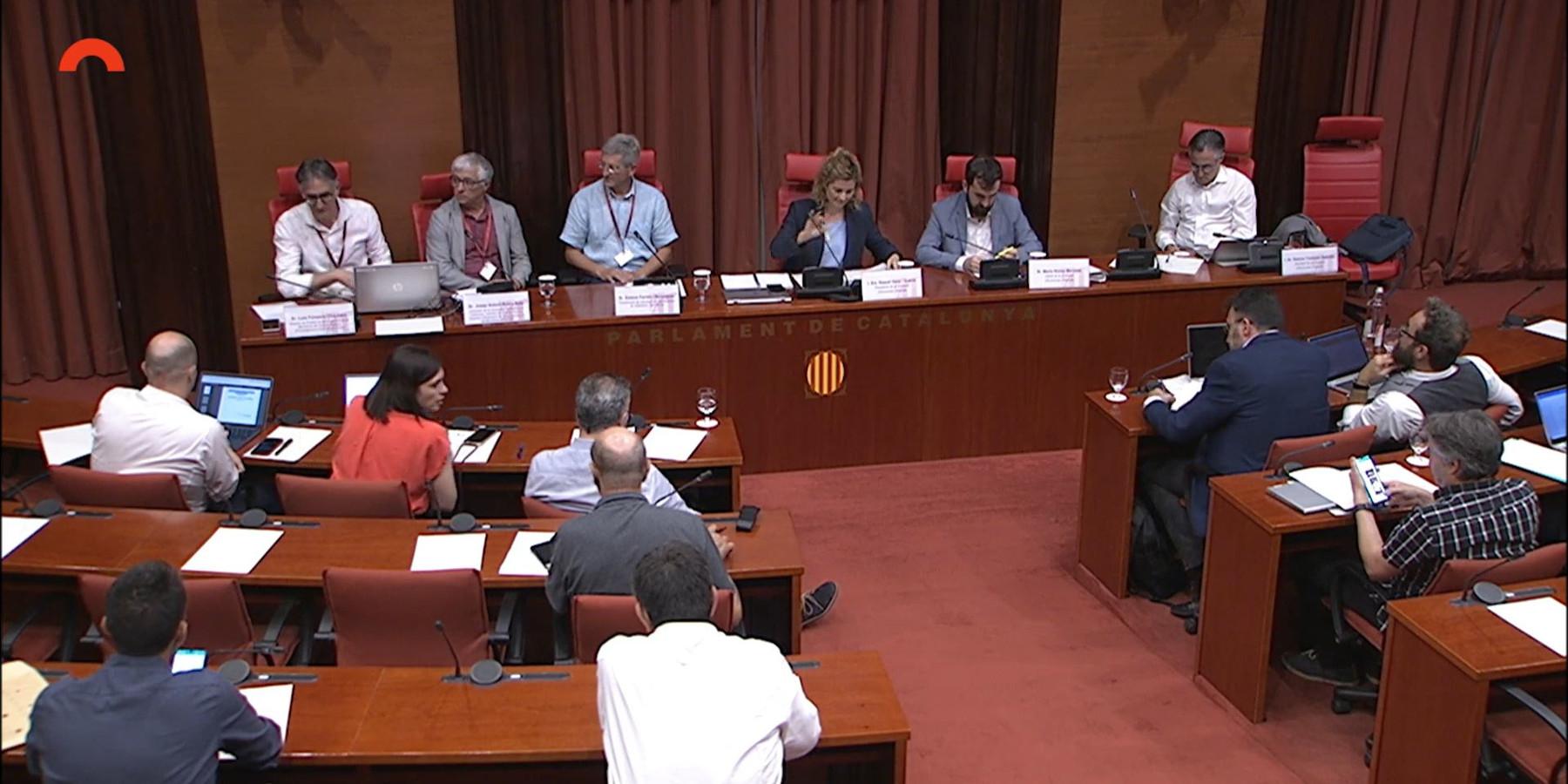Appearance of the IMB-CNM director in the Parliament of Catalonia to talk about the proposal to install a semiconductor factory
Luis Fonseca, director of the Institute of Microelectronics of Barcelona, appeared at the Catalan Parliament's Economy and Finance Committee to talk about semiconductor manufacturing in Catalonia, the FabCat initiative and the possibility of setting up a factory in the territory.

The Catalan Parliament's Economy and Finance Committee called a session to discuss the FabCat proposal to set up a semiconductor factory in Catalonia with the main players who have supported the project. Among them, Luis Fonseca, director of the Institute of Microelectronics of Barcelona, made an appearance to explain what chip manufacturing consists of and what is the experience of the institute and the management of the Clean Room for Micro and Nanofabrication, the largest in Spain.
With the challenge of reindustrialization that Europe faces in the field of semiconductors, at the beginning of the year, universities and research and technology centers publicly supported the proposal for Catalonia to host the microchip industry. Likewise, this week the same actors involved have announced the creation of a training cluster in nanoelectronics and microchips to promote training and encourage education in the field. In view of the events, the Parliament's Economy and Finance Committee convened a session on July 13 to discuss the FabCat proposal and its possible derivatives.
Fonseca spoke about the process of making a chip, the materials and the knowledge needed to make it. He narrated the experience that houses the Microelectronics National Center and the capabilities of the Micro and Nanofabrication Clean Room that it houses.
Together with Fonseca, the representatives of the Official Chamber of Commerce, Industry, Services and Navigation of Barcelona, Mònica Roca; the Official Chamber of Commerce, Industry, Services and Navigation of Girona, Jaume Fàbrega; from the universities that have signed the initiative, Antonio Rubio (from the UPC); and from the Tecnoateneu de Vilablareix, Esteve Farrés Berenguer (volunteer coordinator). Roca and Fàbrega emphasized the generation of wealth that the installation of a factory of these characteristics would cause, while Rubio insisted on the creation of the cluster and the existence of quality higher education to generate knowledge and expert people, so that the industry makes it possible to retain the talent that is currently leaving Catalonia and Spain to work outside. Farrés dealt with the most logistical aspects of the proposal, the feasibility analysis, the possible locations, the type of technology sought and the steps that would have to be followed. The intention is to create a factory that works at 28 and 15 nanometers, dimensions that would allow the manufacture of chips for analog radio frequency design, Internet of Things, home automation and automated systems.




